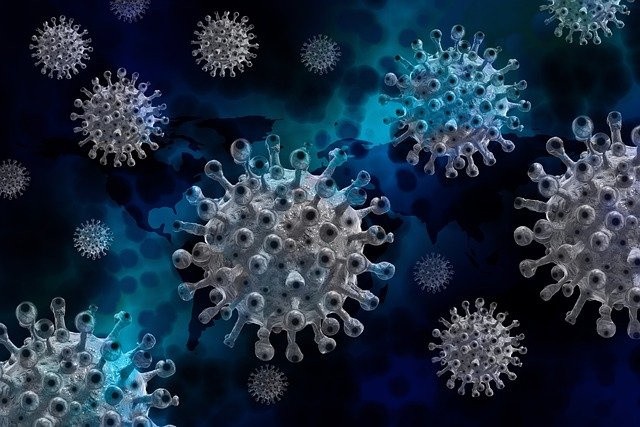
Scientists have specific findings in a study that indicates COVID-19 affecting young people will compromise an autonomic fight or flight reaction. The reaction determines how an animal reacts to danger, but the study is not final with its conclusions yet.
Observations stated that younger survivors of SARS-CoV-2 look healthy by might have a flawed fight-or-flight response based on data from newer investigations.
A study was conducted for 180 days with 30 willing subjects, wherein about 16 were survivors. Data suggests that many would have long-haul symptoms based on reports.
The findings of the study
Observations show that young former infected survivors tend to work harder than those not getting sick of the contagion, reported Sciencealert.
Researchers had placed a tiny electrode in the back of the knee and measured the muscle's electrical reaction from those getting better from the contagion.
Nerves are supposed to register current from the sympathetic nervous system that determines a fight-or-flight response. Getting better from SARS-CoV-2 indicates an unusual activity in the reaction.
Changing to lying down or tilting upright was noted for the 16 survivors who had excessive sympathetic activity. Then followed by a faster heart rate and different blood pressure readings.
It is just a small study with few subjects, and the findings tally the remarkable results. When long haulers with the symptoms for longer, have their heart rates racing too fast, cited NCBI.
An opposite notice is that other cases are less active, opposite of faster heart rates. To be sure, factors were added to the study's observations of how the COVID-19 would impact the fight-or-flight reaction.
Read Also : Epsilon Variants and Their Changes That Enable COVID-19 to Develop Evasive Measures Against Antibodies
More details from collected data
One example is when the young subjects would dip their hands in ice water, with fewer readings in nerve muscles compared to be less than usual and with reduced pain, contrasted to 14 healthy subjects in the pool.
The exact duration of these symptoms is not determined yet, for now. All the subjects were tracked for six months, with a few long haulers still with increased standing heart rates with related issues long after.
Researchers are still trying to determine what causes SARS-CoV-2 to have a disruptive effect on the sympathetic nervous system of patients. One idea is oxidative stress or inflammation, which has an impact on the condition.
Nothing is final in the study, and the data does not show a complete picture of a subject's condition, mostly assumption and guesswork for now.
When sympathetic nerves work overtime and the muscle exhibit it, which is connected to more arteries stiffening, this happens to young adults infected with COVID-19, which will be for 90 days after diagnosis of positive infection.
Less elastic arteries will lessen the amount of oxygen distributed to the heart and head and start the survival response. When the immune system kicks in, it will cause inflammation that trips the sympathetic nervous system.
According to the authors noted Physoc, the subject sick with the virus has more resting vessel diameters, with a higher resting muscle reaction that deals with constricted arteries.
They explained nothing is final with the study. There is more to learn about the effect of COVID-19 on the fight-or-flight reaction of the sympathetic nervous system to determine how it works more and deal with it.
Related Article: SARS-CoV-2 Lambda Variant With Evolved Spike Proteins Compared to Other Strains May be a Threat, But Still Not Verified
© 2026 HNGN, All rights reserved. Do not reproduce without permission.








